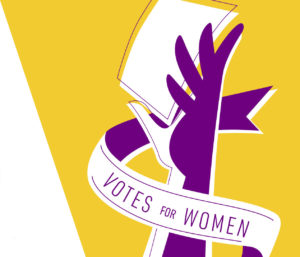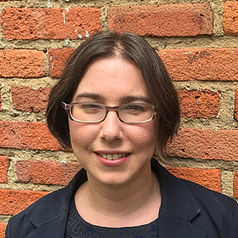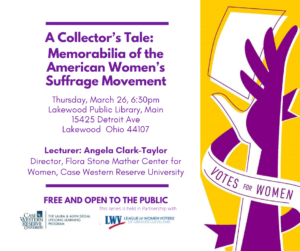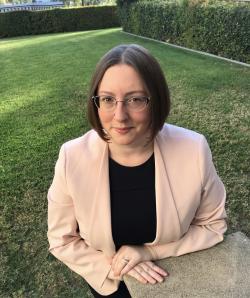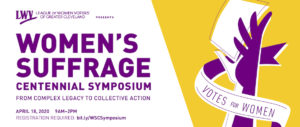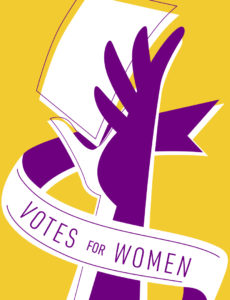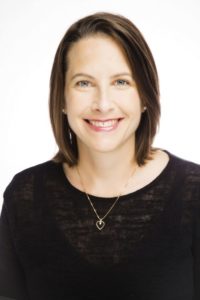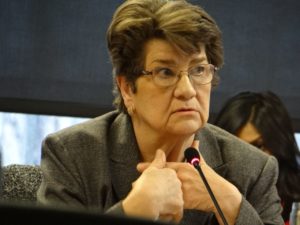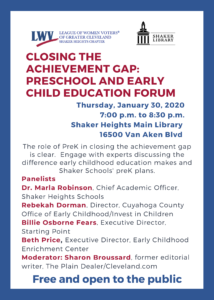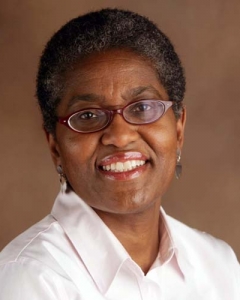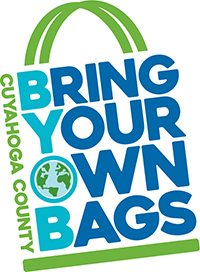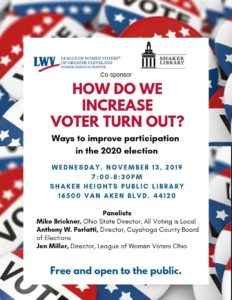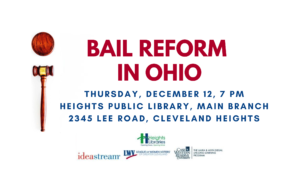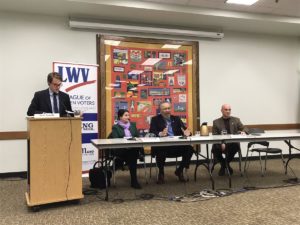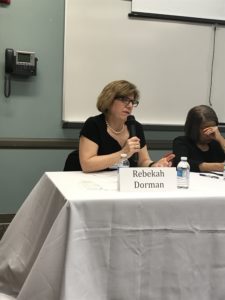
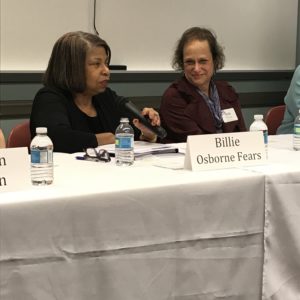
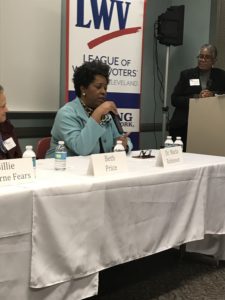
High quality preschool closes the achievement gap, experts say
By JULIE HULLETT
The pdf is here
SHAKER HEIGHTS — Early childhood education has a huge impact on children’s success later in school and as adults, according to local experts at the “Closing the Achievement Gap: Preschool and Early Child Education” forum on Jan. 30.
This panel discussion, hosted by Shaker Heights Public Library and Shaker Heights Chapter of the League of Women Voters at the Shaker Heights Main Library, included Executive Director of Starting Point Billie Osborne Fears and Director of the Cuyahoga County Office of Early Education/Invest in Children Rebekah Dorman.
Executive Director of the Early Childhood Enrichment Center Beth Price and Chief Academic Officer of the Shaker Heights City School District Marla Robinson were also on the panel and Sharon Broussard, former editorial writer for The Plain Dealer, served as the moderator.
“There has been research that documents, especially for kids who are coming from less advantaged backgrounds, that a high quality early care and education experience helps level the playing field for them,” Dr. Dorman said. “The research has been a game changer for us because it demonstrates that it’s an investment that is not [only] socially just, it is a smart thing to do from an economic perspective.”
Value of preschool
Preschool not only gives students a foundation for their kindergarten through 12th grade education, but it also develops necessary social and emotional skills, according to Ms. Price. She said that the Early Childhood Enrichment Center (ECEC), located on Sussex Road in Shaker Heights, focuses on children’s social and emotional needs so they can feel good about themselves, be socially adept and express themselves to other people.
Ms. Price also said that the ECEC is diverse in terms of race, ethnicity, background and socioeconomic status. At Ms. Price’s ECEC center, 90 percent of the children were ready for language and literacy, as measured by the Kindergarten Readiness Assessment, which is administered by the Ohio Department of Education.
Dr. Robinson said that there is a strong correlation between early educational experiences and a student’s success in a school setting. Expectations for students are much different now than in the past, she said.
“The best thing we can do to set them up for success in the k-12 setting is high quality preschool,” according to Dr. Robinson.
Cost barrier
Despite the importance of early childhood education, the panelists said that cost is still a barrier to many families. Ms. Broussard noted that the average cost of quality childcare is $8,600 per year. She asked the panelists to first define what makes childcare “quality” or not and explain why the cost is so high.
Ms. Fears described Step Up to Quality, a five-star quality rating and improvement system administered by the Ohio Department of Education and the Ohio Department of Job and Family Services. All early childhood education programs and preschool special education programs are mandated to participate in the rating and earn a 3, 4 or 5 to maintain state funding. She said that the rating was developed to help inform parents on the quality of different programs and provide support for education programs. Ms. Fears added that the teachers are key to the success of the program.
“There are several things that we know from the research. The most important indicator really rests with the teacher,” she said. “If they are educated in early childhood development and understand how children grow and develop…children will do quite well.”
Furthermore, preschool programs are costly, she said, because the administrators are trying to offer competitive wages and benefits to recruit and retain quality teachers. However, the turnover rate is high because the teachers can earn a higher salary at a public school district.
Dr. Robinson said that the Shaker Heights City School District offers preschool scholarships based on the family’s eligibility for free or reduced price meals and offers a payment plan. Ms. Price said that ECEC accepts students on childcare subsidies whose parents have a low income but are either working or in school.
“The state pays for part of their childcare and they pay a copay. They don’t pay us as much as we would get from a private pay individual but we feel that it’s important that everybody has that access to quality early care and education,” Ms. Price said. “We really try to make it for everyone.”
She added that ECEC is also part of Cuyahoga County’s universal prekindergarten program, so the county pays for a portion of the tuition. Ms. Fears said that middle class families are often hit the hardest since they do not qualify for the same financial assistance that low income families do.
“We feel confident that we’re delivering the gold standard of quality,” Dr. Dorman said of the universal prekindergarten program, which includes 67 sites across the county.
The panel discussed a variety of other topics, including recruiting minority students to preschool programs and engaging the parents. Dr. Robinson said that Shaker Heights schools are working strategically to seek out low income and underrepresented families to join preschool programs.
Dr. Dorman also spoke on community engagement, noting that the county Office of Early Childhood/Invest in Children is building a two generation approach to support the children and the parents’ needs. For example, the parents could use resources for further education and career exploration.
The panelists reminded the audience that many services for early childcare and prekindergarten are provided by the health and human services levy, which is on the March 17 primary ballot. If passed, the 4.7-mill levy will replace the current 3.9-mill levy. It would cost the property owner an additional $41 per $100,000 of property value from 2021-2028.
##
